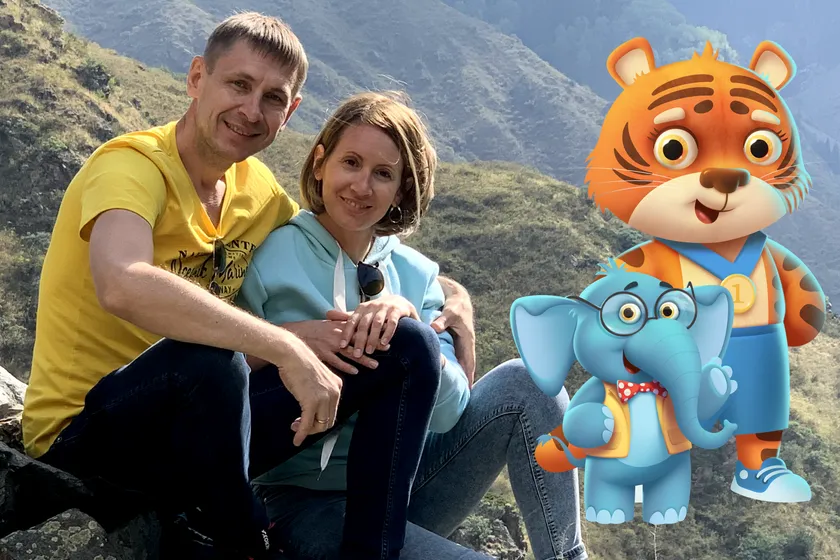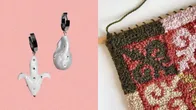In 2016, Dmitriy Makeyev bought Apple TV for his daughter which led him to discover a variety of games on the device, including those designed for children. One game in particular caught his attention and left such a big impression that he was inspired to create one himself. The end result of a four-year-old journey was a kids’ point-and-click game called Jungle Town: Birthday Quest, where a colorful cast of jungle dwellers has to come up with a birthday gift for a baby elephant.
Two years after the game’s release, Dmitriy’s company Funtyx is now a resident of Astana Hub with 100,000+ downloads on Google Play. While the game developer is confident enough in its ability to implement its vision, attracting investment is a still big issue.
A QazMonitor correspondent reached out to Dmitriy to talk about the company’s future, the possibility of Jungle Town 2, and plans for a new game.
After Jungle Town
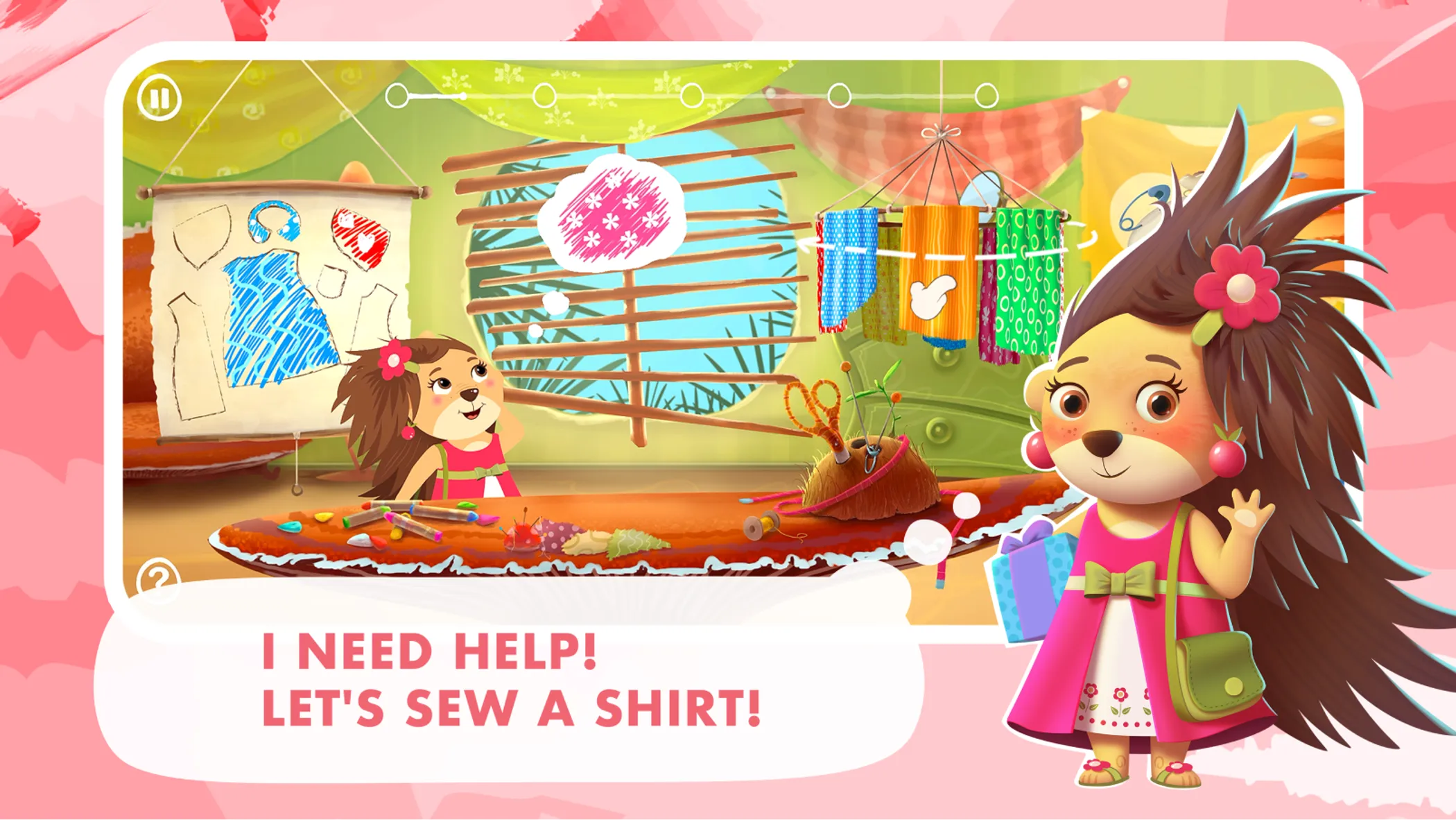
Funtyx released three games so far: Jungle Town, Fruit Landia, and Word Landia. How has the company evolved since its first game?
Unfortunately, our expectations for Jungle Town weren’t met. Sales were not that high. During the first year, we tried to promote it by ourselves but it didn’t work out. We realized that programming and marketing are not our thing.
We later found out about Astana Hub and decided to join the community and apply for the Hub’s acceleration program in hopes that it will help us promote our product. The program taught us to consider different hypotheses:
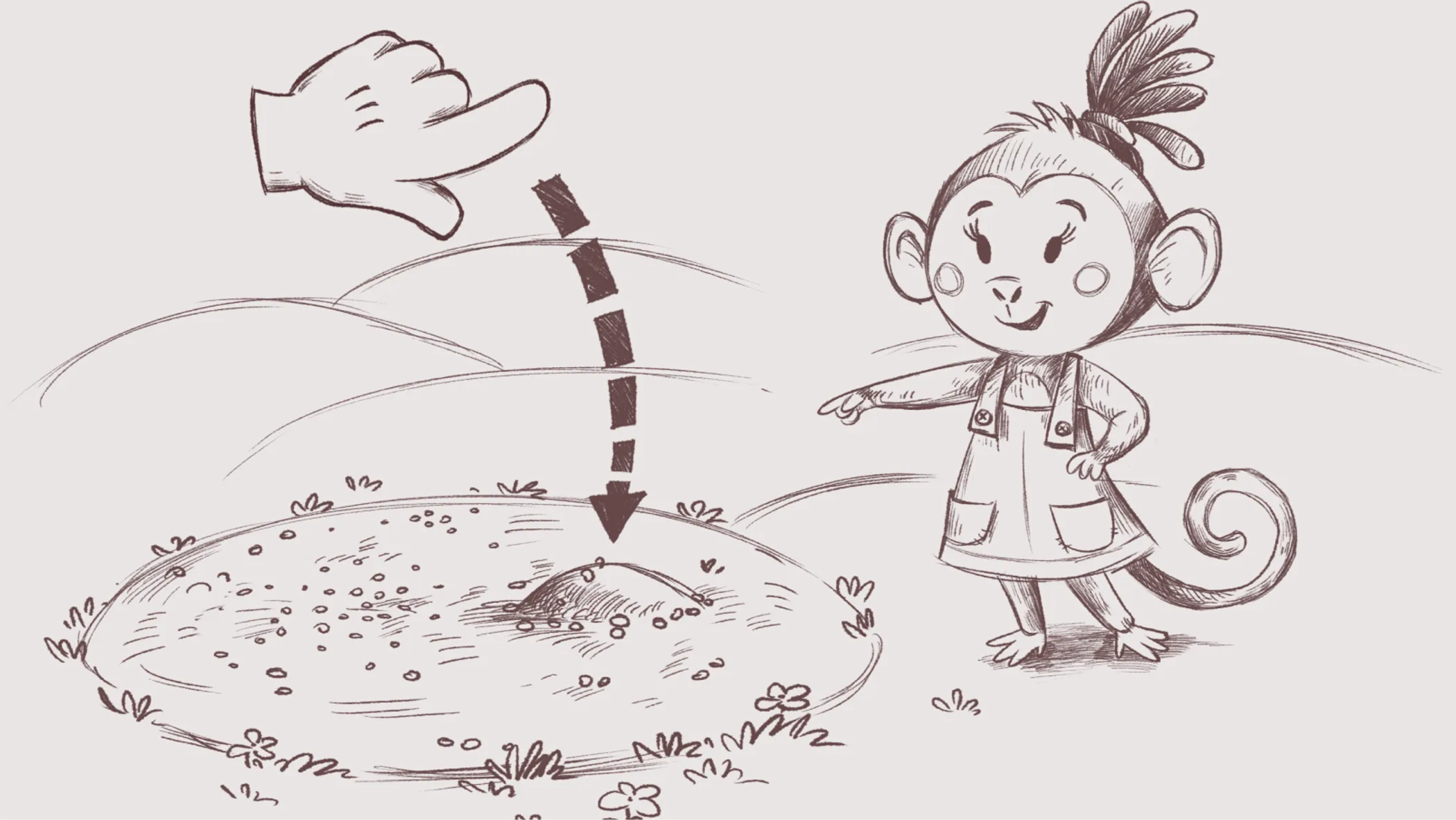
First, Jungle Town was originally a pay-to-play model, which didn’t do well in terms of sales. Following the given hypothesis, we released the second version of the game that’s free with in-app purchases. Our sales went up by 90%, I think.
With the next hypothesis, we decided not to focus on Google Play and AppStore or be limited to mobile platforms, so we worked on releases for macOS, Windows Store, and Steam. The game took off on Apple TV and macOS since they had a small user base; we were able to become first.
With Jungle Town we learned how to create games quickly. Its development took us about four years because everything was new to us. The next two projects [conceived as test games during accelerator], Fruit Landia and Word Landia took us around four months.
How to Keep Going
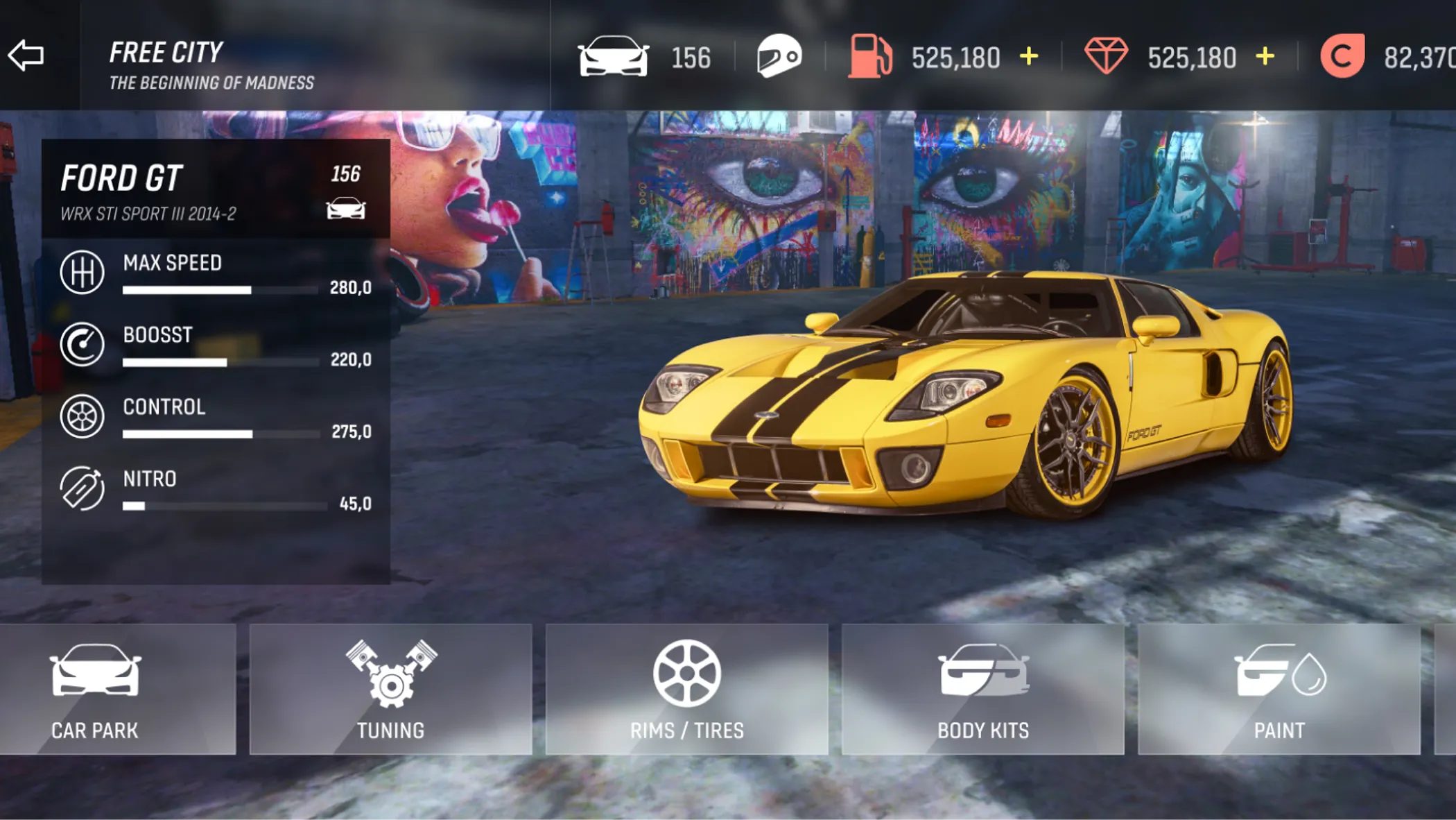
Can you tell me about your work with the publishers and investors?
I can’t say who it is yet, but this year we’ve made a deal and our game will be placed in a very big store by a well-known studio. [Usually] if we have an agreement with publishers—either Google Play or AppStore—the game goes to the publishers' account. But our situation is different: our game can be in completely different stores, without any connection to the versions elsewhere.
Investors in Kazakhstan can't quite grasp how to work with games and what to expect
As for investors, there were attempts made but investors in Kazakhstan don't quite grasp how to work with games and what to expect. Seems like our time has not come yet, but as soon as the right people show up, we will definitely make the leap.
You are probably wondering: "How do you make a living?" Well, thanks to Jungle Town, we started getting orders from local companies and individual clients who want to create games of their own.
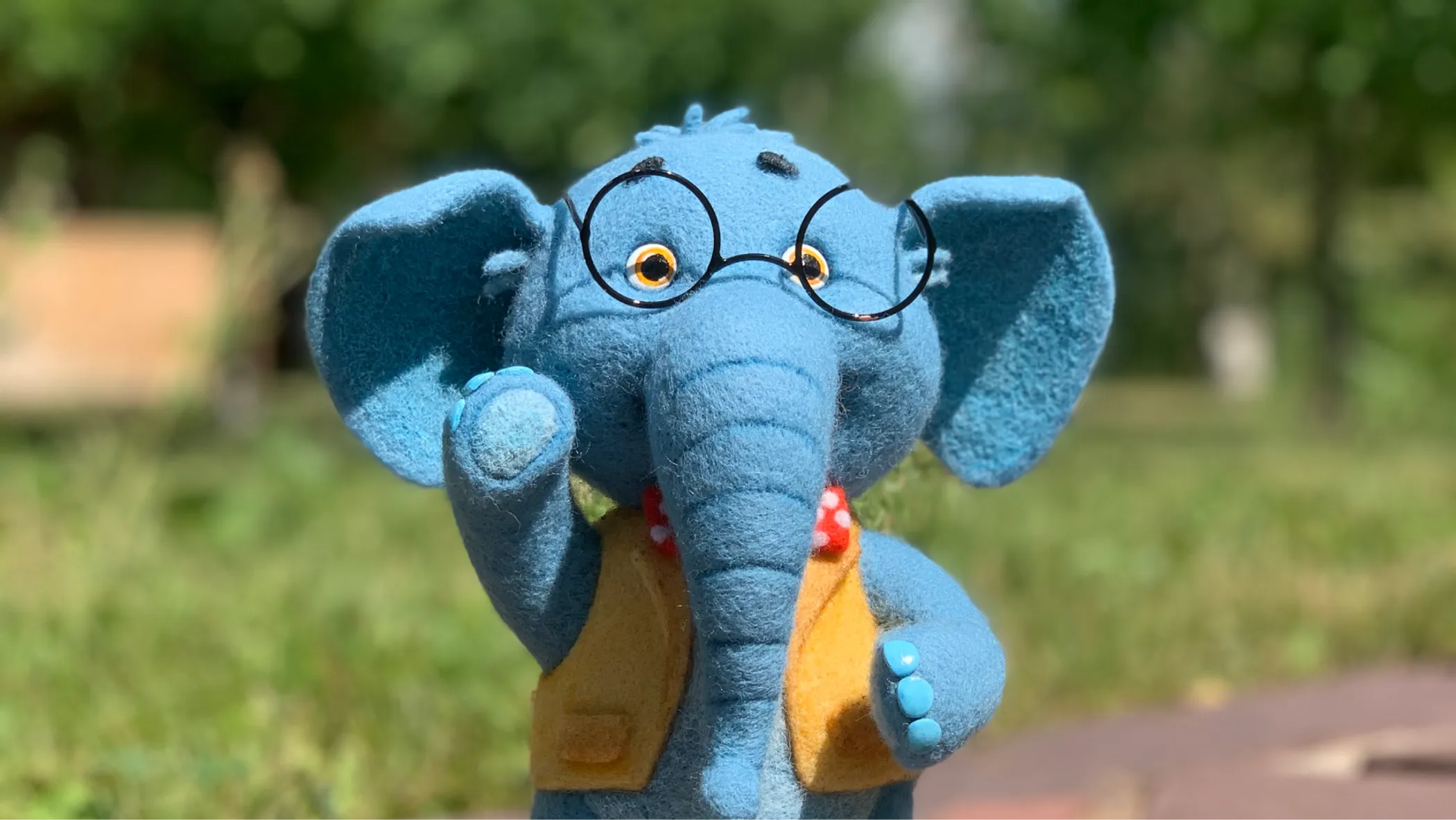
For instance, we were approached by a singer, The Limba, with a proposal to create a game. It’s already finished and ready to go–we just don’t know when it’s going to come out yet.
I understand that you can't talk about it in detail, but could you perhaps give us a hint?
It’s a runner game similar to 6ix9ine Runner (I think there’s also a rapper by this name) which we based it off of. Currently, we have two games in development: match-3 and a platformer.
How big is your team right now?
We have somewhere around five people. Three are on our staff and about two to three are on the freelance team. In reality, there are more people; when we get someone on freelance pay, they can work on a project for an entire year. Jungle Town, for example, had about eight people working on it.
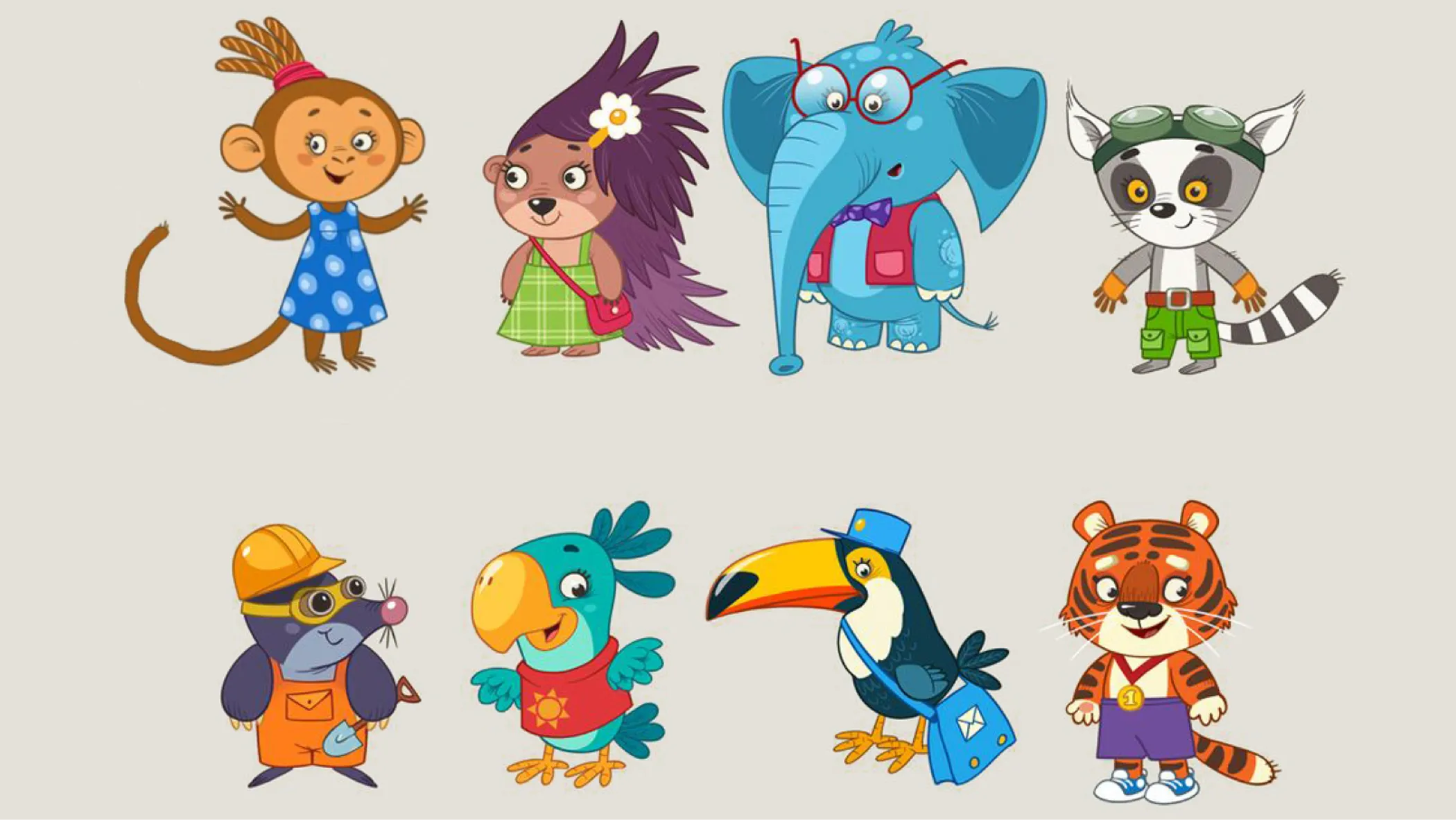
Currently, I’m more on managerial duty. Since I'm a perfectionist, it's hard for me to fully delegate responsibilities, even when it's something elementary. At one point, I tried to work with the guys who draw the interface but stopped them in the middle of the process and completely redid the whole thing by myself.
Racing Toward a Dream
How did you come to the idea of a racing game after specializing in children’s products?
After the whole thing with the investors, we realized that we would have to make do ourselves since the small income from commercial products wasn’t exactly enough.
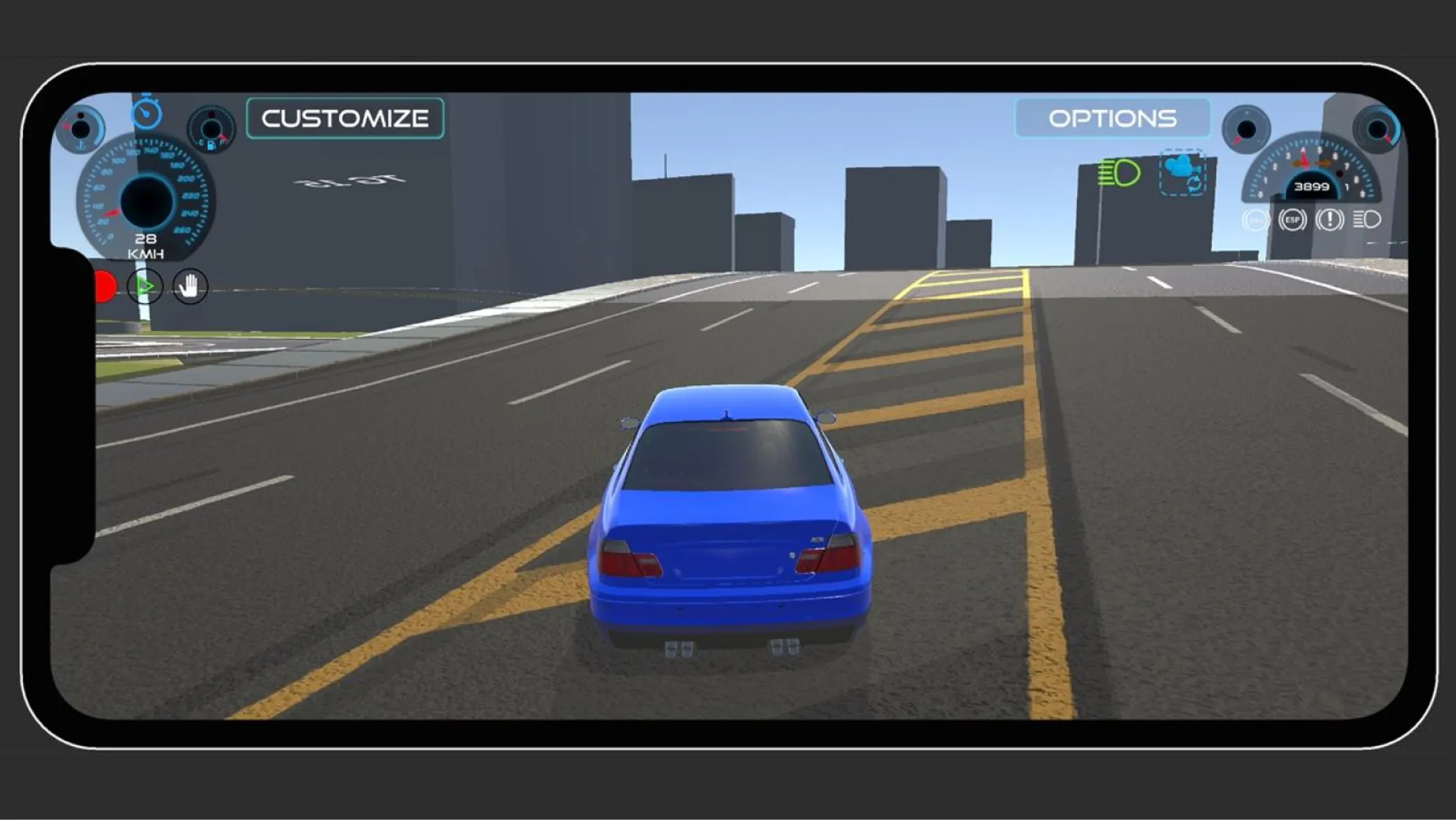
What genre and platform will your game be on?
It will be on mobile platforms. If we originally considered it for PC and console, it would’ve been much harder to adapt it for mobile devices than vice versa. The porting possibility [from mobile platforms] will depend on user feedback.
I don't even know how to articulate it properly but it’ll be a mixed-genre thing. We will create a large territory in which the player could get lost in. There’s something similar in Roblox [an online gaming and game creation platform] where there are a lot of different games thrown together. Different locations in the game will offer different game mechanics—something akin to GTA mode, be it driving or wandering around.
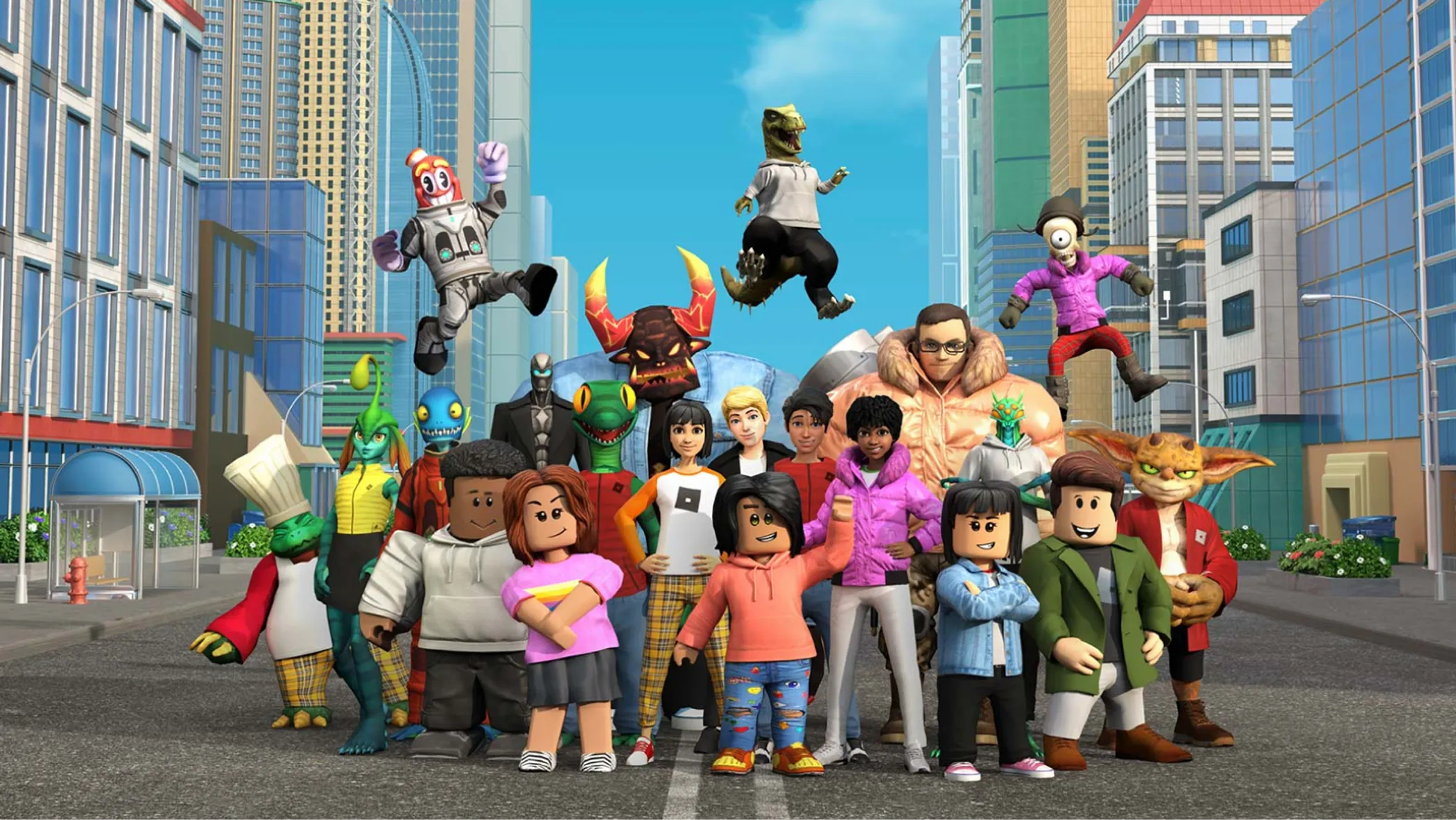
For now, we're working on world-building and hope to release a beta version of the game at the end of January. It’ll take another year to finish it. We're focused on creating the world because it turned out to be the most difficult aspect.
Can you go into detail about the setting?
If a user sees our map, they'll see that it draws inspiration from Need for Speed: Heat. We didn’t copy anything, but we did analyze the map and took it as our base. To create a game in the shortest possible time, you have to involve an array of different specialists in landscaping, road mapping, and the like, so it was easier for the team to analyze an already-made product.
What type of monetization strategy do you envision for it?
It doesn’t make sense to make it a pay-to-play, so, unfortunately, there's nowhere to go besides in-game purchases. This project is [intended] to last for many years, with updates, new cars, and so on. It’ll have ads that can be turned off in exchange for tokens and certain missions that’ll give the chance to earn in-game currency.
